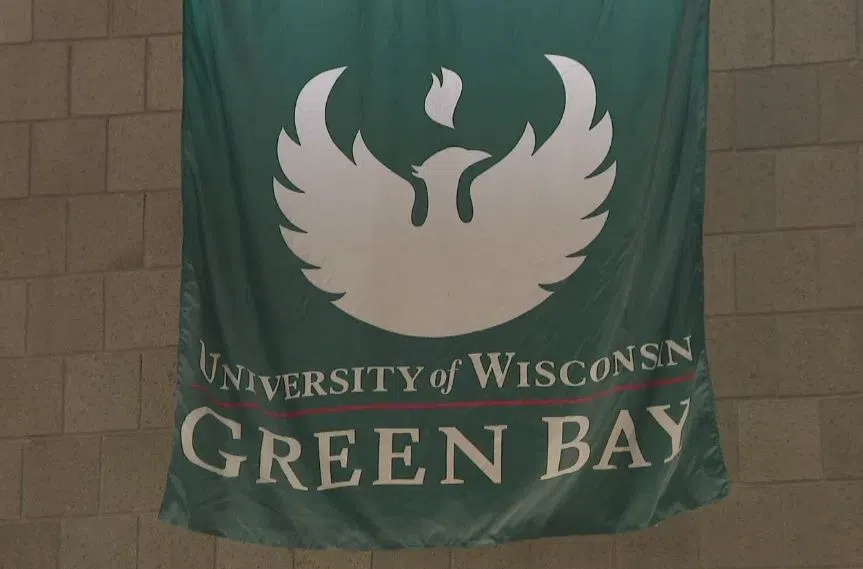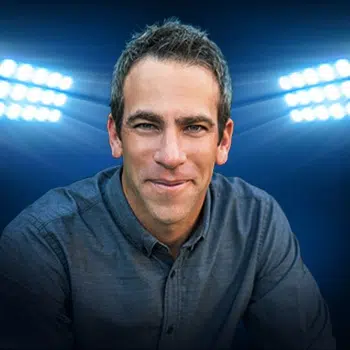
PHOTO: Courtesy of WLUK
GREEN BAY (WLUK) — The University of Wisconsin-Green Bay has received a grant to study microplastics found in fish from Lake Michigan and the Bay of Green Bay.
Officials say these tiny plastic fragments are typically smaller than five millimeters — approximately the size of a sesame seed — and result from the breakdown of larger plastic items. Because they are so small, it’s difficult to identify and remove microplastics as they accumulate in the environment.
Microplastics have been found everywhere, from the top of Mount Everest to the trenches of the sea, and that includes in the Great Lakes. A $330,000 grant from SC Johnson to UWGB will help researchers better understand the impact that microplastics have on aquatic life in the Great Lakes region.
Experts will study things like how often fish swallow microplastics, where the biggest problem areas are and what kinds of plastics are most common.
“Plastic is one of the most unique materials that’s brought many benefits to human life. But it is also a pollutant that is affecting planetary, animal and human health,” said Alex Abraham, chief communications officer at SC Johnson, in a news release. “We have worked for decades as a company to bring solutions to this issue, but there is still a lot of work to be done. The research that UW-Green Bay is doing on microplastics is critical to identifying solutions, and we’re pleased to support students who understand the urgency of this problem.”
The research team will be led by Patrick Forsythe, a professor of environmental studies at UW-Green Bay. He and his crew will collect fish at sites around the Lake Michigan and Green Bay, then examine their stomach contents with microscopes and lab tests to identify the size and type of plastic. Results will determine where microplastics build up and how they move through the food web.
“With support from SC Johnson, UW-Green Bay is going to both build out research in an understudied area and give our students skills that they’ll carry into their careers,” said UW-Green Bay Chancellor Michael Alexander in the release.
This is a great step forward for our region. It’s public-private partnerships improving student outcomes, the natural environment and community health.
Grant funding will help pay for a postdoctoral researcher, a master’s student and several undergraduates to take part in the study. Students who participate will gain hands-on experience in both the field and the lab and have the opportunity to publish reports and research papers.
Forsythe hopes to begin the hiring process for researchers immediately. The work itself is expected to take place in 2026 and 2027, with the team publishing their findings in 2028.





Comments